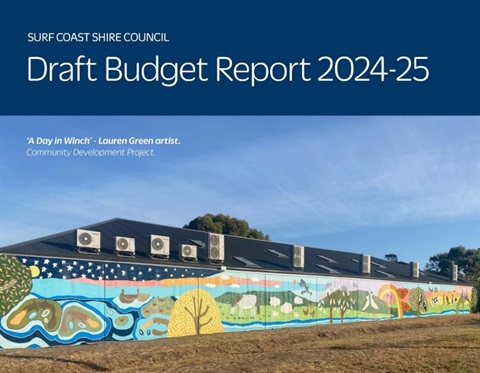On behalf of the Australian Government, the Australian Renewable Energy Agency (ARENA) has announced more than $4.5 million in funding for two Monash University-led projects that will enable the discovery of new materials to drive the global transition to a sustainable energy future.
Announced today, ARENA will contribute vital funding for Monash to establish a $7 million world-leading facility at the Melbourne Centre for Nanofabrication to accelerate the development of new materials through both vacuum and printing processes.
The facility, made available through the Australian Centre for Advanced Photovoltaics (ACAP), will significantly bolster Australia’s competitiveness in the development of next-generation solar cells, solar fuels, as well as batteries and various other types of new energy technologies.
A team led by Professor Udo Bach, Professor of Chemical Engineering at Monash University and a Chief Investigator of the ARC Centre of Excellence in Exciton Science, received $3.9 million in funding to establish a dedicated ‘High Throughput Solution-Processable Photovoltaic Materials Discovery Facility’.
This materials discovery tool will bring together advanced robotics, automation and artificial intelligence concepts to rapidly synthesise, deposit and test the properties of new generations of printable and ‘paint on’ energy materials.
The new facility will be able to run autonomously for 24 hours, continuously making and characterising thin film coatings. This will allow future users to speed up their experimental throughput by at least 100 times compared to conventional research practices. Ongoing research into perovskites – an emerging material for next generation solar cells – will be a major focus.
“Monash is a world leader in energy science and engineering. This facility will dramatically increase the rate of discovery in the energy materials space as Australia, and indeed other countries globally, prioritise a reduction in carbon emissions and a transition to sustainable energy sources,” Professor Bach said.
ARENA has contributed a further $661,000 to a team led by Professor Jacek Jasieniak, Professor of Materials Science and Engineering and Associate Dean of Research for the Faculty of Engineering at Monash University, and a Chief Investigator of Exciton Science, to progress new materials discovery through an advanced sputtering tool.
Sputtering is a phenomenon whereby nanoscopic particles of a solid material are ejected from a surface, after the material itself is hit with energised particles of plasma or gas. It is a technique used in the manufacturing of high-precision optical coatings, semiconductor devices and nanotechnology products.
This customised system will enable combinatorial discovery of materials, where different target materials will be simultaneously mixed to provide practically unlimited material combinations.
Through its ability to rapidly deposit and characterise inorganic materials over a wide material parameter space in a single deposition step, this system can support accelerated discovery and development of materials suitable across many aspects related to photovoltaics, including new earth-abundant inorganic absorbers, interfacing transport layers, electrodes, anti-reflective coatings and protecting layers.
“The development of new materials and interfaces is critical towards future progress in silicon and other emerging photovoltaics. However, such developments are inherently unproductive and expensive,” Professor Jasieniak said.
“The proposed facility will develop a new capability in a combinatorial sputtering system within Australia that will accelerate the development and optimisation of sputtered inorganic materials in a big way compared to more conventional vacuum techniques.”
In addition to ARENA, a number of organisations have contributed funding towards these projects, including Monash University, the Australian National Fabrication Facility, CSIRO and the ARC Centre of Excellence in Exciton Science.
Professor Elizabeth Croft, Dean of Monash University’s Faculty of Engineering, said: “These important investments in research have the potential to fundamentally transform the way in which our energy systems function, and accelerate Australia’s leadership towards the clean, safe and sustainable energy future.
“With our top nationally-ranked and world-leading research in chemical engineering and materials science and engineering, and our leadership in data science, robotics and AI, Monash is uniquely placed to drive the novel scientific advances in energy materials, and the automated optimisation processes and techniques that rapidly transform these discoveries into technological innovations.”
Professor Nico Voelcker, Director of the Melbourne Centre for Nanofabrication (MCN), said: “The MCN is very proud to house these transformative materials discovery tools. The exciting research that they underpin fits squarely within the Victorian Node of the Australian National Fabrication Facility’s strategy to foster and facilitate translational innovations in nanofabrication for the energy and medtech sectors.”
Professor Rebekah Brown, Senior Vice-Provost and Vice-Provost of Research at Monash University, said: “This materials discovery facility, supported by ARENA, will build on the significant expertise in materials and photovoltaics located at Monash and its surrounding Monash Technology Precinct to develop a unique global capability in advanced energy materials development.
“It will enable major advances towards the development of ultra-low-cost photovoltaics, which underpins our global commitment to achieving Sustainable Development Goal #7 affordable and clean energy solutions.”








